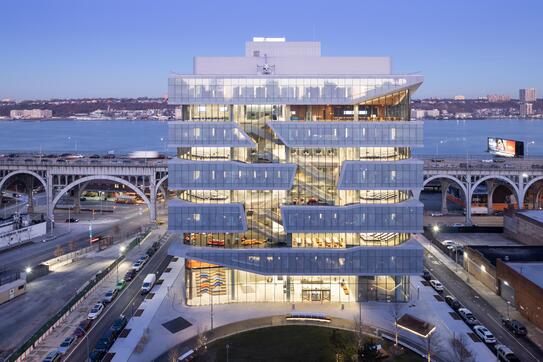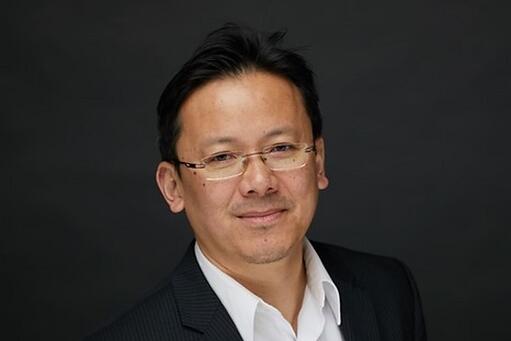NEW YORK — July 28, 2011 — A forthcoming paper in the American Marketing Association’s Journal of Marketing Research by Professor Michel Tuan Pham, Kravis Professor of Business, Marketing, Columbia Business School; Iris W. Hung, Assistant Professor of Marketing, NUS Business School, National University of Singapore; and Gerald J. Gorn, Wang Seng Liang Professor of Business, Marketing Area Chair Professor at the School of Business, Faculty of Business and Economics, the University of Hong Kong, finds that states of relaxation consistently increase the monetary valuations of products, actually inflating these valuations by about 10 percent. This phenomenon is demonstrated in six experiments involving two different methods of inducing relaxation, a large number of products of different types, and various methods of assessing monetary valuation. In all six experiments, participants who were put into a relaxed affective state reported higher monetary valuations than participants who were put into an equally pleasant but less relaxed state.
In order to isolate the specific effects of relaxation rather than the more general effects of pleasant states, the researchers used carefully pretested videos and pieces of music to experimentally manipulate participants’ state of relaxation while holding constant the pleasantness of their affective state. The procedure ensured that in one condition, participants were more relaxed, whereas in the other condition, participants were less relaxed—though not stressed—and feeling equally pleasant. After being put in either of these two states, participants were asked to assess the monetary value of a variety of products through various methods.
In six studies involving more than 670 participants, relaxed individuals were consistently found to value the products more highly than their less relaxed counterparts. For example, in one simulated bidding study, relaxed participants bid about 11 percent higher for a digital camera than less–relaxed participants. Whereas the less–relaxed participants’ bids were close to the product’s estimated market price on online auction sites, relaxed participants’ bids were about 15 percent higher than the estimated market price. The same effect was observed across a large variety of products in other studies. Not only did relaxed participants think that relaxing products and services such as a spa treatment or a cruise were worth more, they also thought that exciting products and services (e.g., bungee jumping sessions) and indulgent products and services (e.g., an ice cream sundae) were worth more as well. The influence of relaxation on monetary valuation thus appears to apply to a wide range of products.
The research indicates why bargain–hunters should be aware about their state of mind when making purchases. Professor Pham explains, "The study reveals a psychological reaction to the biology of being relaxed: Your system thinks there is no threat in the environment. As a result, you tend to perceive various things as more desirable. Shoppers should be aware of how this impacts their decision–making."
According to the researchers, relaxed consumers think products are worth more than less–relaxed consumers because relaxed individuals tend to think about the value of products at a more abstract level. For example, when bidding for the camera, relaxed participants focused more on what the camera would enable them to do (e.g., collect memories) and how desirable and advantageous it was to own it, whereas the less–relaxed participants focused more on the concrete features of the camera itself (e.g., the number of megapixels it had, the shutter speed).
The study helps explain why luxury products and services, such as high–end boutiques and luxury hotels, are often sold or provided in relaxing environments. Everything else being equal, consumers will be willing to pay higher prices if marketers are able to relax them first, which has important implications for marketers.
###


